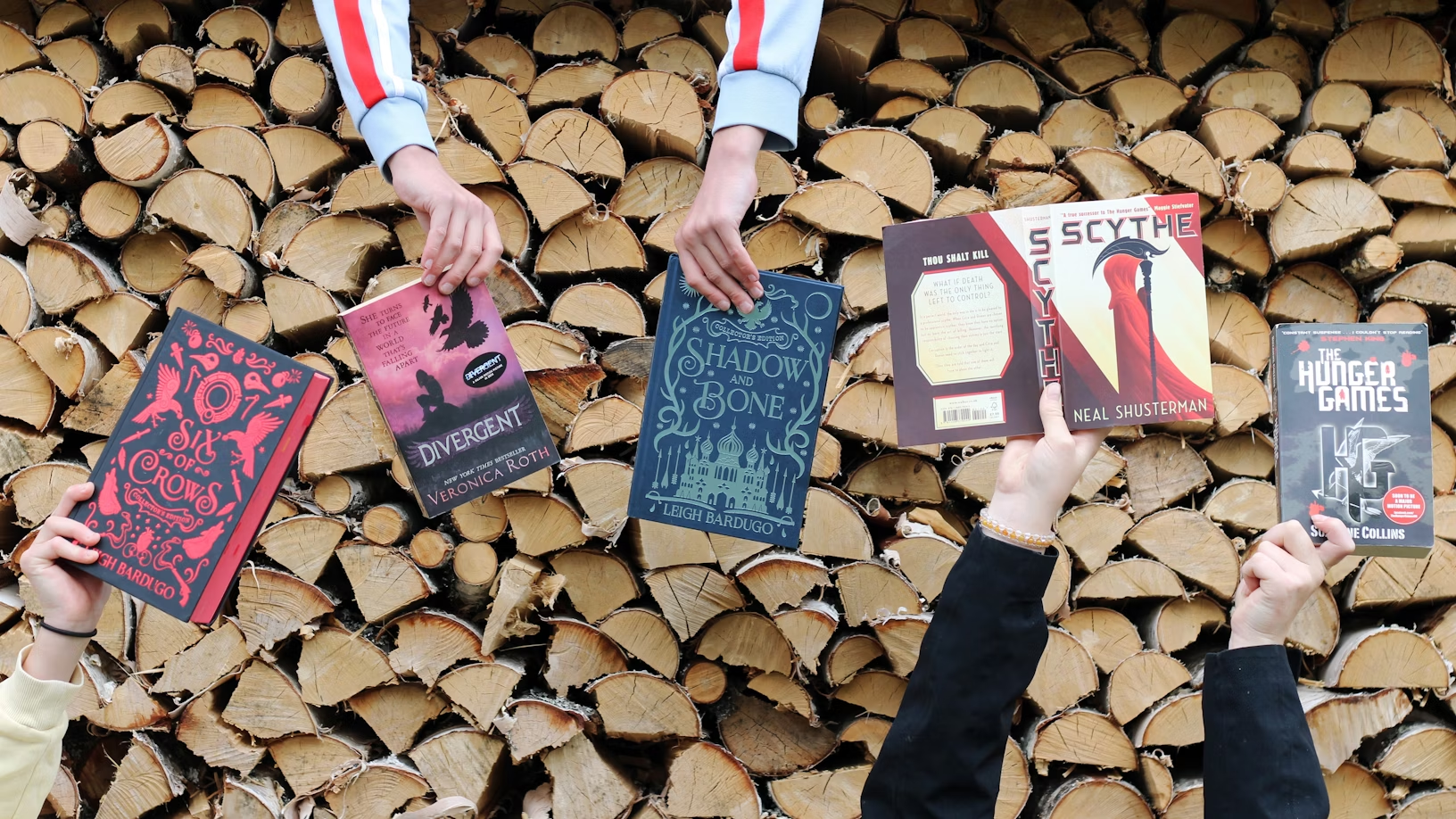Recently, I have seen a lot of critiques for books claiming that they felt “too Young Adult”. And this has made me ask what they might mean. Mainly because a lot of the critiqued books don’t have young adults as the main characters. And it does not feel like they are following tropes that are more prominent in Young-Adult books.
So what are the main differences between genre fiction and young adult? Or better yet, let’s ask instead what attributes do people associate with the young adult genre? A lot of people think the intent is all that matters. Like if someone intentionally wrote it for a specific age group, then we should take their word for it. But I don’t agree with this assessment.

I have read a lot of YA books as a child, a teen, and now an adult. And based on my experiences, these features make a book feel like it belongs in the young adult genre:
Wish Fulfillment
Young Adult books tend to frequently have the element of wish fulfillment. There might be struggles and hardships, but the characters do get either what they want or what they really need. But “adult” fiction does not always give the main characters what they want.
We can look at “the Chosen One” trope so common in YAs for that. Seemingly average people have incredible adventures and experiences. They are thought to be special by everyone else in the book for no identifiable reason except for the fact that they are the protagonists.

Now I am not shitting on this trope mind you. A lot of good YA protagonists fall under it – Harry Potter, Percy Jackson, Eragon, Luke Skywalker – all average, flawed people. But are deemed special thanks to them being some secret descendants of a powerful line or have been prophesied to save the world. These heroes could be anybody and I think it is important for teenagers to believe in their own special-ness.
I would even argue that a lot of YA characters are purposefully given vague personalities specifically so that readers can slip themselves into those roles.
Simplistic Writing Style and Messages
On top of that, “YA” books generally tend to have a fairly simplistic writing style and a less complex vocabulary. The themes, plot, and characters are much more simplified. Similarly, the chapters tend to be shorter, and a lot of background description seems lacking. This is because the main focus is on the emotions and inner experiences of the characters.
The plots also seem to be too fast-paced, almost as if they are trying to heighten the emotional and character stakes of the actions. Think more one-on-one fights between protagonists and antagonists rather than huge armies battling it out. So the fight and chase sequences take up a significant portion of the word count.

Plus, the messages of YA books also tend to be very basic with themes such as “be true to yourself” and “find your purpose in life.” These are pretty great messages that young adults do need in their lives. But for a more adult demographic, the books don’t come out with distinct identifiable themes. Also, the author generally encourages a certain point of view rather than encouraging the reader to make their own conclusion.
Sensitive Content
YA books deal with a lot of complex issues and events but the tone and description are always tamer. As a kid, I’d read books that discussed war, domestic abuse, and trauma, but they still treated it in a simplified manner. No matter what the content is, it feels filtered through the perspective of a younger person. And this is regardless of the age of the characters in the book. Some things tend to be over-explained as they don’t think the readers of that age will be familiar with them. Whereas some obvious parts are stripped out entirely probably due to the reader’s lack of experience making them not as relatable.

For instance, let’s compare The Hunger Games to A Song of Ice and Fire. Both books deal with very serious topics. There are gruesome killings, corrupt governments, and impending wars. But if we look at all the details that the authors are willing to put, the Young Adult book seems a lot tamer. Another apt comparison is between The Virgin Suicides and 13 Reasons Why. Both of which deal with topics such as sex, sexual awakening, and suicide, but one of those books is much more harrowing than the other.
A character getting stabbed in a YA book will look like “Megan felt a sharp pain in her abdomen and it took a while for her to realize what happened. As she screamed in pain, she knew she had to survive this, there was too much at stake” or something. But an adult book will include a lot more gory details about the organs, muscles, bones, or veins hit by the knife. It would also detail how much blood oozed out of the stabbed character, and might include more words on the pain and the suffering incurred.
Conclusion
To sum up, YA is just a marketing category and not some sort of certification. And what appeals to young readers probably changes over time. But the features mentioned above are either intentionally or unintentionally associated with YA by readers, and having those features in your books will give it a tinge of YA. I’m not saying that’s a bad thing, I’m just saying that’s a thing.
If you want to read something with the same vibes of Young Adult but a little more serious, then please feel free to check out our list of New Adult books.
